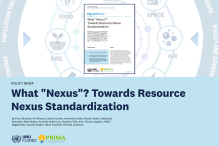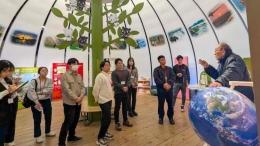This project aimed to establish and promote a clear case for the global development community to prioritize anti-slavery and anti-trafficking in development programming and policies.
Sustainable Development Goal Target 8.7 commits states to fight modern slavery as part of the 2030 Agenda for Sustainable Development. Target 8.7 underpins rallying efforts including Alliance 8.7 and the UK-initiated Call to Action. Buy-in to the Call to Action is growing (currently around 70 countries), but implementation through the global development system has so-far been limited. Major development actors (e.g. UN country teams, OECD DAC and the World Bank) are notably absent. Why?
One reason may be that the development case for fighting modern slavery has not yet been well articulated. The direct "pay off" to governments and business from fighting modern slavery has not been well explained. Many governments see little reward for the costs involved in taking on the vested domestic political, transnational corporate and sometimes criminal interests that sustain modern slavery. And many corporate interests still see anti-slavery as a philanthropic exercise and cost centre, not as a profit strategy. The "return on investment" has not been well identified.
This project seeked to provide evidence-based materials that would begin to fill this gap, making a clear and strong "development case" for fighting modern slavery.
Research Outputs
Access the Key Findings, Synopsis, or Full Volume of the report below, as well as key case studies and recommendations.
Case Studies
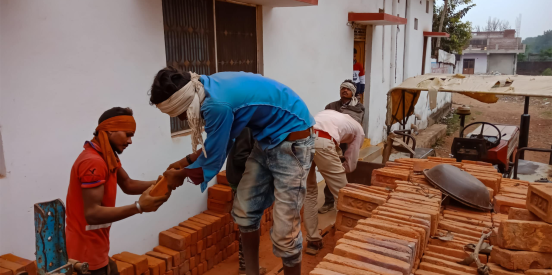
Article
Construction and Infrastructure
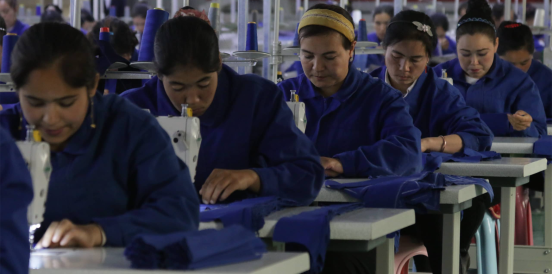
Article
Garments and Apparel
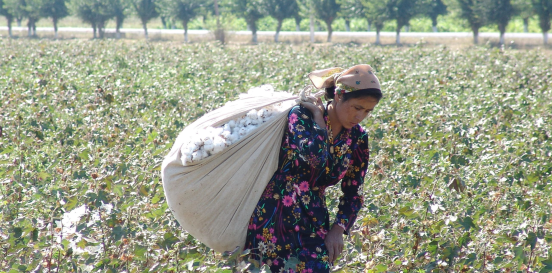
Article
Cotton
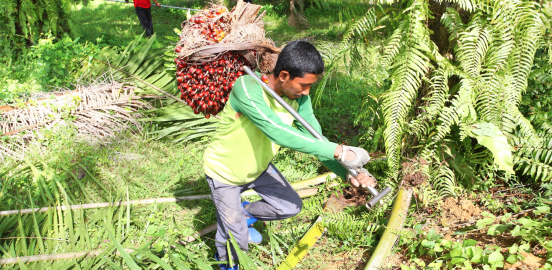
Article
Palm Oil
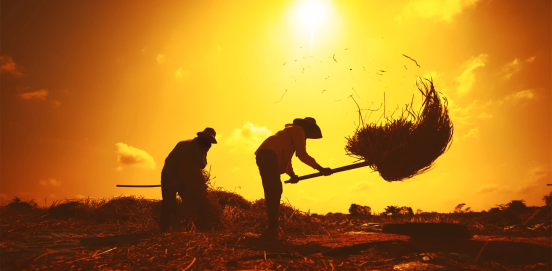
Article
Cattle

Article
Fisheries and Aquaculture
Recommendations
Commit to develop freedom: make maximizing economic agency a development goal.
The study argues that treating developing freedom – maximizing economic agency – is an explicit goal of global development efforts, alongside economic growth, poverty alleviation or conflict prevention.
Slavery-proof development pathways: use the developmental role of the State to maximize economic agency.
The study argues for rethinking the developmental role of the State, to focus not just on economic growth and social development, but on maximizing people’s economic agency. Pandemic recovery policies should not promote protectionist policies, but rather harness the increased State presence in economies brought about by COVID-19 to promote a more equal, entrepreneurial and educational growth model than is currently offered in models of incorporation into Global Value Chains.
Supply freedom: turn global value chain practices towards responsible business conduct.
The study argues for development actors to use their resources and leverage to encourage responsible business conduct in global value chains, prioritizing sectors and value-chains where COVID-19 has most severely reduced economic agency. Development actors should encourage companies and suppliers to which they are connected to protect people as effective economic agents, for the long-term health of the whole economy.
Finance freedom: use development finance to reduce modern slavery risks.
The study argues for the development sector to take a more active role using its collective leverage to shape how capital markets address modern slavery risks.
Organize communities for freedom: empower stakeholders to maximize economic agency.
The study identifies community organization and strategic coordination as central requirements for developing freedom. Slavery is not only an economic, but a political system, that redistributes wealth from labour to coercive capital. Disrupting slavery systems has always generated a political backlash and will do so in future. To develop freedom therefore requires effective community organization – from the local to the global level.


